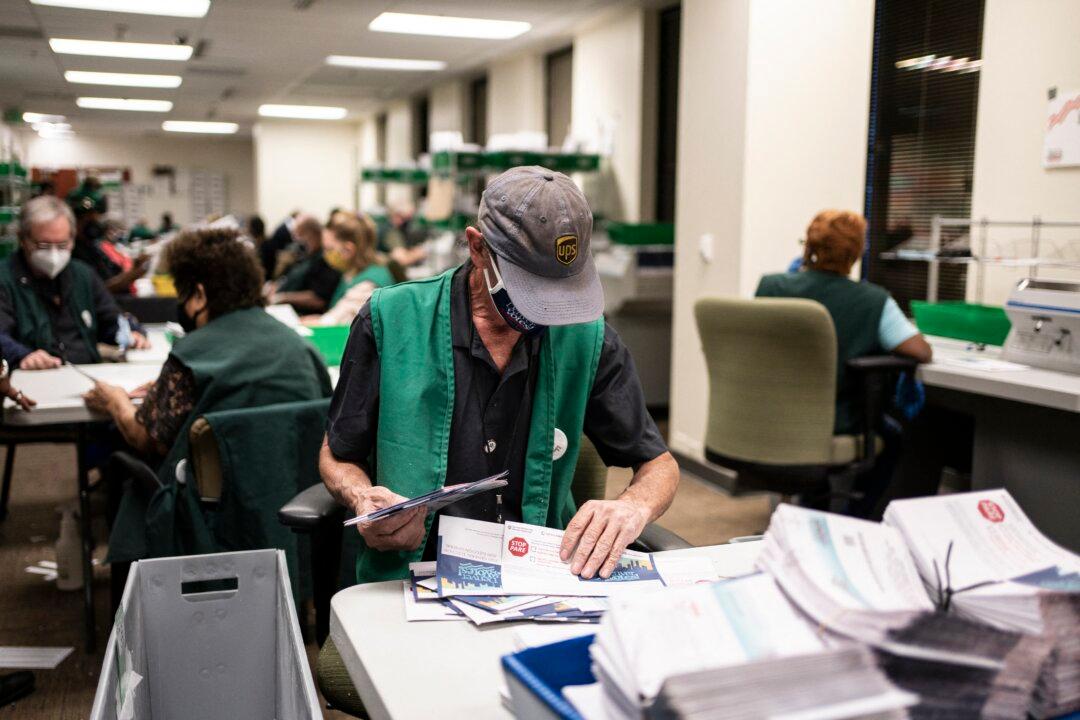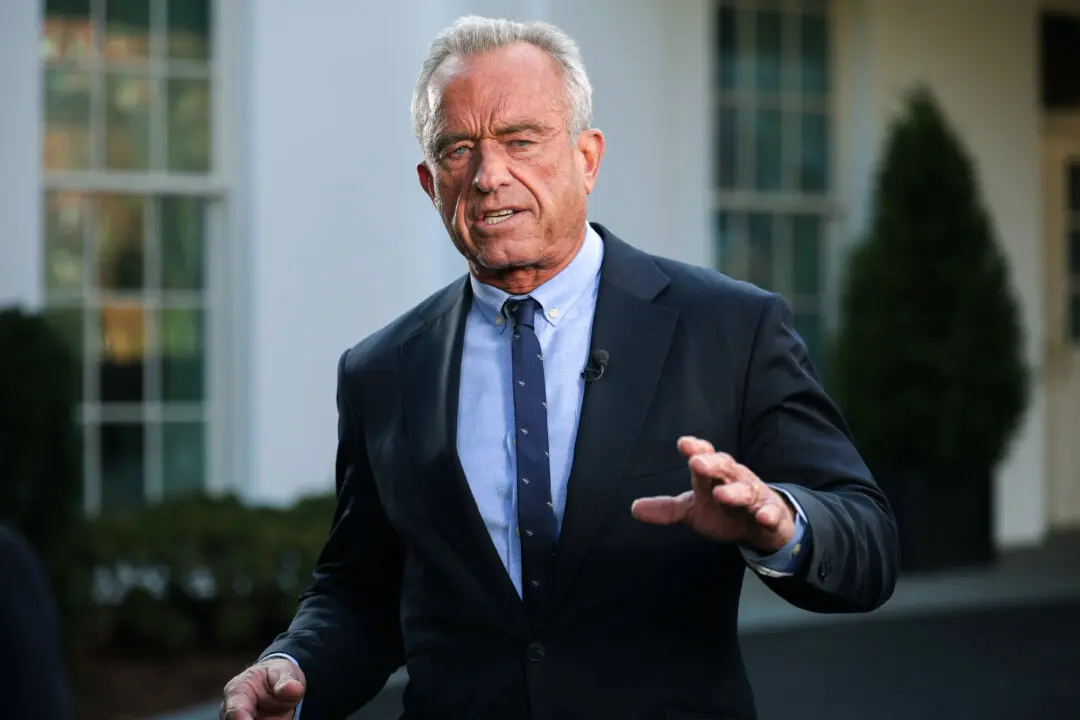A federal judge on July 18 dismissed a lawsuit brought against a group that sent people door to door as part of an effort to investigate possible election fraud.
The U.S. Election Integrity Plan and its leaders were accused by organizations, including the National Association for the Advancement of Colored People, of illegally engaging in voter intimidation with its canvassing in Colorado following the 2020 election, which allegedly included taking photographs of residences and asking for residents to confirm information such as their names.





